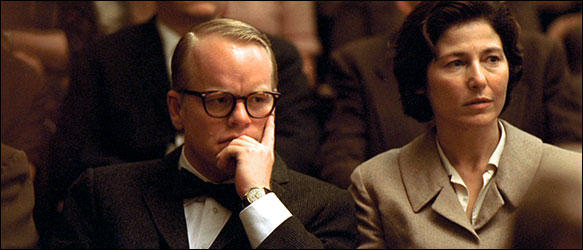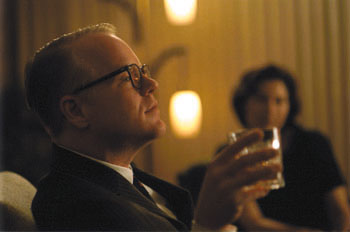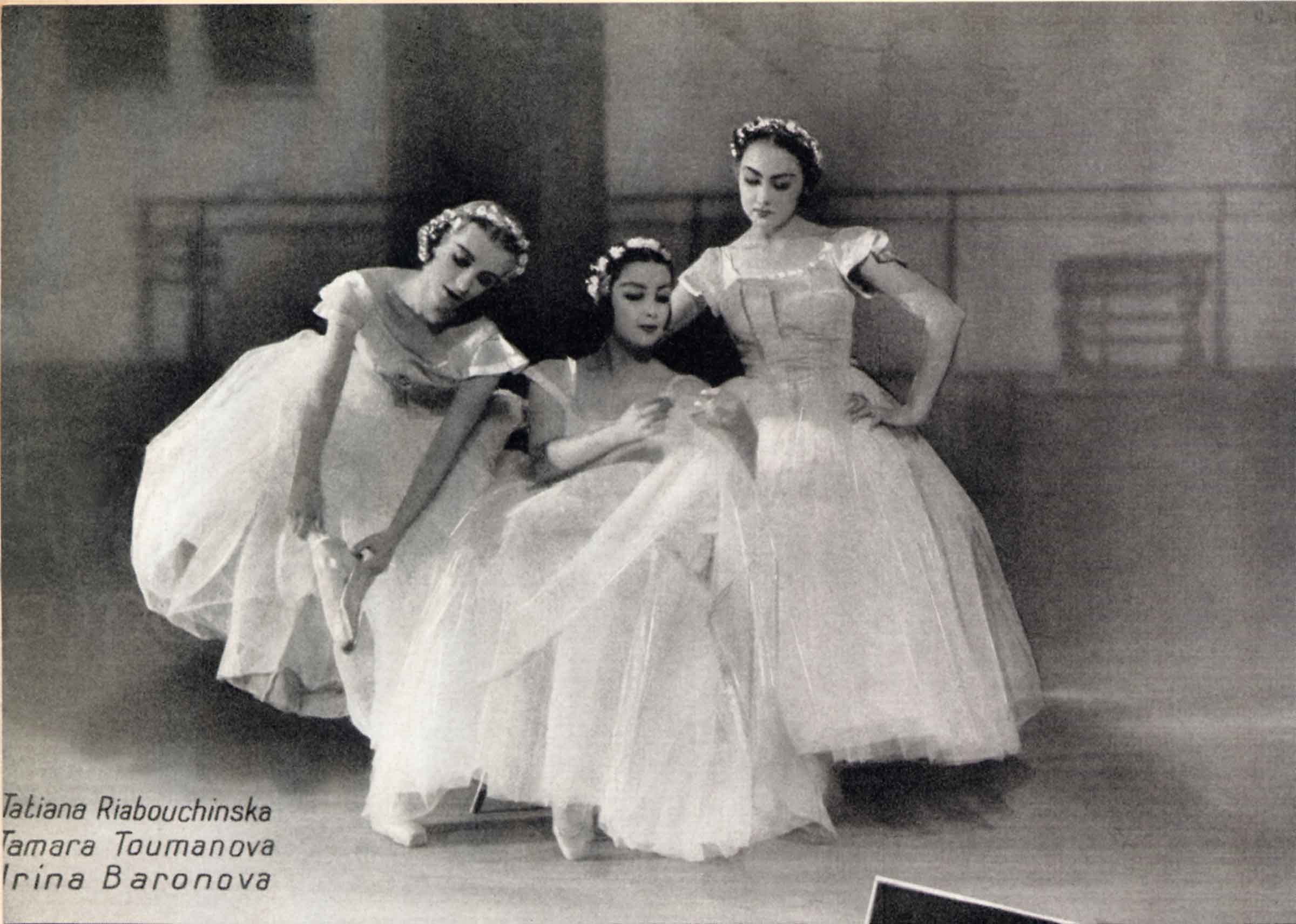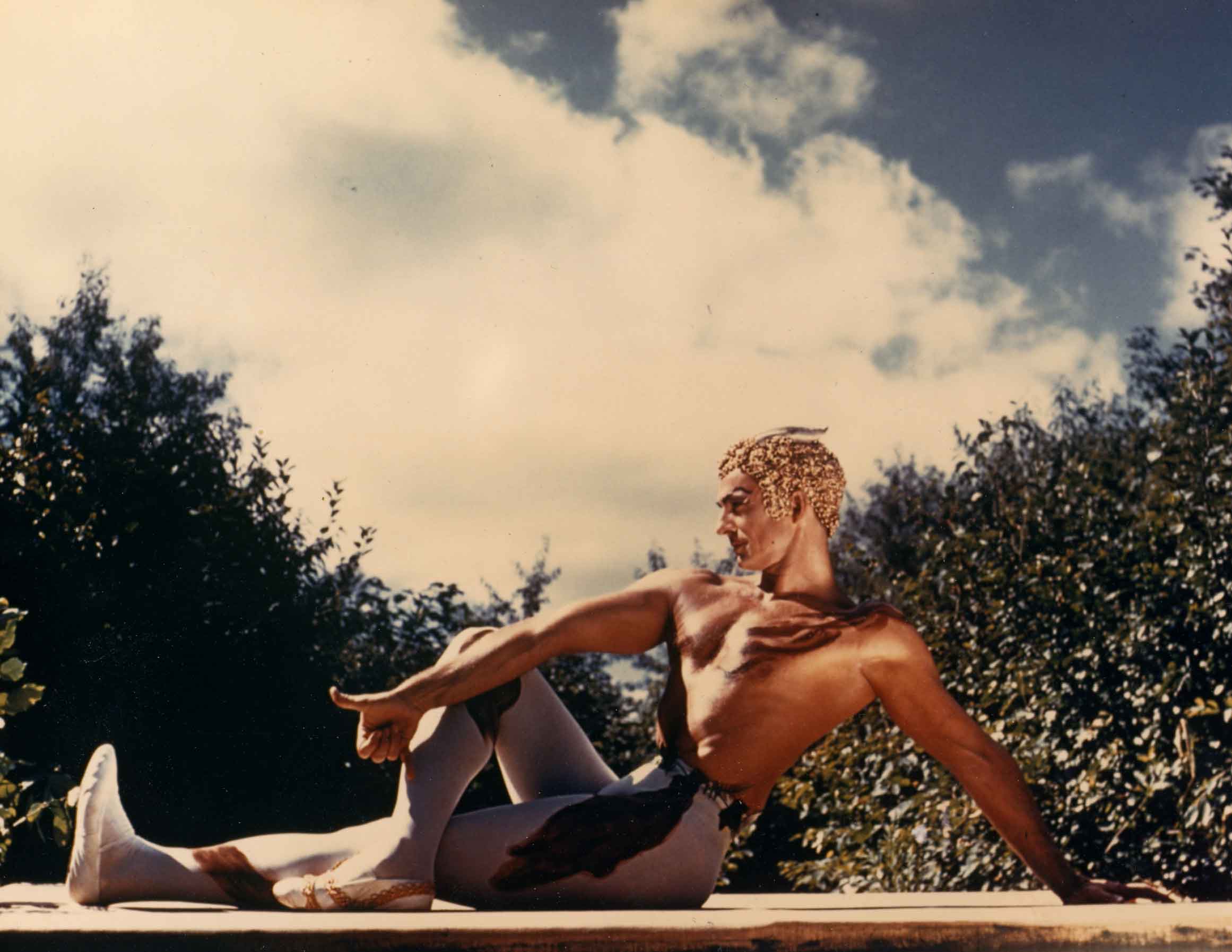“My opponent doesn’t know what it is to lose. I do. And I’ll welcome the support of voters who do, too. I’ll take the losers. I’ll take the debtors. I’ll take those who’ve lost in love, or baseball, or in business. I’ll take the Milwaukee Braves.” R.I.P. Sen. William Proxmire 1915-2005.
Category: History
The Jester and the Senator.
R.I.P.: Richard Pryor 1940-2005 and Eugene McCarthy 1916-2005.
The world has changed.
“The message in The Lord of the Rings is, in a way, that the struggle to destroy the evil also destroys the good. The very effort to mobilize against the evil unalterably changes what you’re trying to defend. So at the very end of that trilogy, the heroes — Frodo the Hobbit, Gandalf and Elrond — sail away. They can’t live in this world that they’ve created, because it’s so different from what they started out to defend. It’s a metaphor; Abraham Lincoln didn’t sail away, he was killed, but the world after the Civil War was not Lincoln’s America anymore.” By way of a friend in the program, Columbia’s Eric Foner picks his five most personally influential books, and guess what made the list…
“The Myth of the Native Babe.”
“Mythologies aren’t created for the purpose of telling history, they’re created for the purpose of trying to devise some form of identity for people.” On the eve of Terence Malick’s highly-awaited The New World (out Christmas Day), the NYT‘s Steve Chagollan briefly assesses portrayals of Pocahontas in film. (Via Dangerous Meta.)
Eliminate the Babylonians…for credit!
Via Cliopatria, Inside Higher Ed looks at increased use of Civilization III in college history courses. Um, yes, I’ve been playing Civ 4 in almost all of my spare moments of late solely for pedagogical purposes. Seriously, notwithstanding my own inveterate Civ addiction, I can’t see how the game would be in any way useful in teaching history, and particularly at the college level. And if you’re going to use games for elementary, middle, or even high school courses, I think you’d do better with a game grounded in specific history, such as old-timey classics The Oregon Trail or Seven Cities of Gold.
The Truman Show.

“Ever since I was a child, folks have thought they had me pegged, because of the way I am, the way I talk. And they’re always wrong.” Capote, starring Philip Seymour Hoffman, is a somber and compelling character study of the eponymous author, during the six years he spent in Kansas researching his renowned “non-fiction novel” of true crime, In Cold Blood. It’s a slow-moving film, but a memorable one. I don’t think I’d want to sit through it again anytime soon, but I do expect it’ll be on the short list for Best Actor nods come awards time.
To be honest, I have no memory or sense at all of Truman Capote, so I can only assume that Hoffman’s performance here, with his fey, lilting voice and precise, carefully-constructed mannerisms, is of a piece with the real author. Regardless, Hoffman’s Capote cuts a complex and striking figure that’s hard to take your eyes from — He’s at once vainglorious and needy, extroverted and remote, compassionate and manipulative, convivial and detestable. Intrigued by a newsclipping of four brutal 1959 murders, he and childhood friend Harper Lee (Catherine Keener) venture to the stark landscape of Holcolmb, Kansas, to investigate. Capote soon realizes that that story of the murders could make for a new kind of novel. But, as he comes to befriend the killers — most notably Perry Edward Smith (Clifton Collins, Jr.) — he also discovers that the problem with writing a non-fiction novel is that the characters have lives of their own, and events may not follow the path you necessarily intend.
This is Hoffman’s film through-and-through, and, like I said (sorry, David Strathairn), I expect that he’ll be a tough act to beat come awards season. Still, Capote is also anchored by a strong sense of place and by many fine supporting performances — most notably Collins and Keener — but also Chris Cooper, Bruce Greenwood, Bob Balaban, and The Wire‘s Amy Ryan. Strangely enough, Capote also bookends nicely with last week’s Jarhead, and crystallizes some of my problems with that film. While we were supposed to feel for Pvt. Swofford’s predicament that he’s gone to war and (sniff) can’t actually kill anybody, this film shows the devastating emotional consequences of a not-unrelated predicament — Capote can’t finish his work of genius until “the story ends,” so to speak. And, as Hoffman emphatically illustrates by the end of this powerful film, “More tears are shed over answered prayers than unanswered ones.”

Dance Hall Days.
 On my sister‘s advice, I went to go see Ballets Russes yesterday evening at the Film Forum, and she was right: It’s a stunning film, one that I’d even recommend to people who have little-to-no interest in ballet. Like the best documentaries — and this is the best I’ve seen in some time — Ballets Russes transcends its immediate topic to capture larger and more ephemeral truths. The movie not only brings to life a bygone era in the arts and helps to explain the current popularity of ballet in the US and around the world — it also powerfully reflects on both the inexorable passing of time and the timelessness of dance, its magical capacity to wash away years and overcome human frailty. Like a perfectly executed ensemble piece, Ballets Russes can take your breath away.
On my sister‘s advice, I went to go see Ballets Russes yesterday evening at the Film Forum, and she was right: It’s a stunning film, one that I’d even recommend to people who have little-to-no interest in ballet. Like the best documentaries — and this is the best I’ve seen in some time — Ballets Russes transcends its immediate topic to capture larger and more ephemeral truths. The movie not only brings to life a bygone era in the arts and helps to explain the current popularity of ballet in the US and around the world — it also powerfully reflects on both the inexorable passing of time and the timelessness of dance, its magical capacity to wash away years and overcome human frailty. Like a perfectly executed ensemble piece, Ballets Russes can take your breath away.
After a brief introduction to the dancers of the Ballets Russes, who reconvene in New Orleans in 2000, the documentary shifts to 1929, with the death of renowned ballet impresario Serge Diaghilev and the formation of the Ballet Russes de Monte Carlo, a successor company to Diaghilev’s famed troupe. Briefly artistic-directed by a young George Balanchine (who’ll show up again in the story, after a stint training elephants at the circus) and headlined by a trio of newly-discovered Russian “baby ballerinas,” the Ballet Russes de Monte Carlo soon splits into rival companies — one headed by dancer-choreographer Leonide Massine, the other manned by financial backer Colonel Wassily de Basil. After wrangling over ballerinas and staffing their respective companies with ringers from other ensembles, the two Ballets Russes duel over London audiences and US contracts, until the exigencies of World War II force both to travel West. There, they attempt to stave off financial collapse by spreading the ballet meme (via steam train and Hollywood song-and-dance) across the New World.
The story of the Ballets Russes is told not only through an impressive amount of archival dance footage (which loses none of its forcefulness despite the occasional grainy stock), but also via interviews with the surviving dancers of the rival troupes, and herein lies the documentary’s considerable dramatic heft. Every single one of the many interviewees — which include Alicia Markova, Maria Tallchief, and Frederic Franklin (who still appears in ABT’s “Swan Lake” well into his nineties) — comes off as a vivacious, multifaceted personality with tales to tell, and it’s extraordinary to watch them shake off the years when speaking of their experiences or dancing. Former ballerina (and coquettish heartbreaker) Nathalie Krassovska — who, like several of the participants, passed away since the film was finished — lights up like a little girl when she shows off her dance studio. Later, she and George Zoritch (in his prime at right, now an eighty-something gym rat in Tuscon, AZ) attempt a pas de deux from Giselle, and, although it’s clearly a physical struggle, it’s endearing to watch them rejoice in their old, shared language.
And the same goes for many other participants in the film, who have spread across the globe in a ballet diaspora since the collapse of the company in 1962. Aged, wizened faces break into impish grins when an old memory surfaces, and, when these former stars show off a dance flourish to their students, it’s exhilarating to see their enthusiasm, and the flashes of grace that accompany it. In all honesty, I’d like to have heard more about the original Ballet Russes here (Diaghilev’s outfit), and the film loses focus somewhat in the fifties and sixties. (More of a general sense of history would’ve been nice, too — The Depression isn’t mentioned, Hitler and WWII seem to show up out of the blue, and, other than a fascinating aside involving black dancer Raven Wilkinson’s travails with the KKK during one of the Ballet Russes’ southern swings, there’s very little outside context here.) Nevertheless, Ballets Russes is an amazing documentary and an impressive testament to the idea that, while dancers come and go, the dance is forever, and to embrace it as a calling is a life well lived.
Lest We Forget.
From the archives and in honor of Armistice/Remembrance/Veterans Day, Aftermath.
A thin grey line.
Seen tonight with Jarhead: The trailer for Steven Spielberg’s Munich, with Eric Bana, Geoffrey Rush, and Daniel Craig, on the aftermath of, and Israeli response to, the murders at the 1972 Olympics. From this brief clip, it looks to be a very timely meditation on means and ends in the war on terror.
Rove the Albatross.
“Karl does not have any real enemies in the White House, but there are a lot of people in the White House wondering how they can put this behind them if the cloud remains over Karl…You can not have that [fresh] start as long as Karl is there.” As Scooter Libby pleads not guilty, the White House contemplates its Rove problem. No enemies, perhaps, but the fact that a story like this is leaking suggest someone wants Rove out. Update: In light of recent events, Slate‘s Jacob Weisberg revisits the Bush/Rove = McKinley/Hanna analogy.

